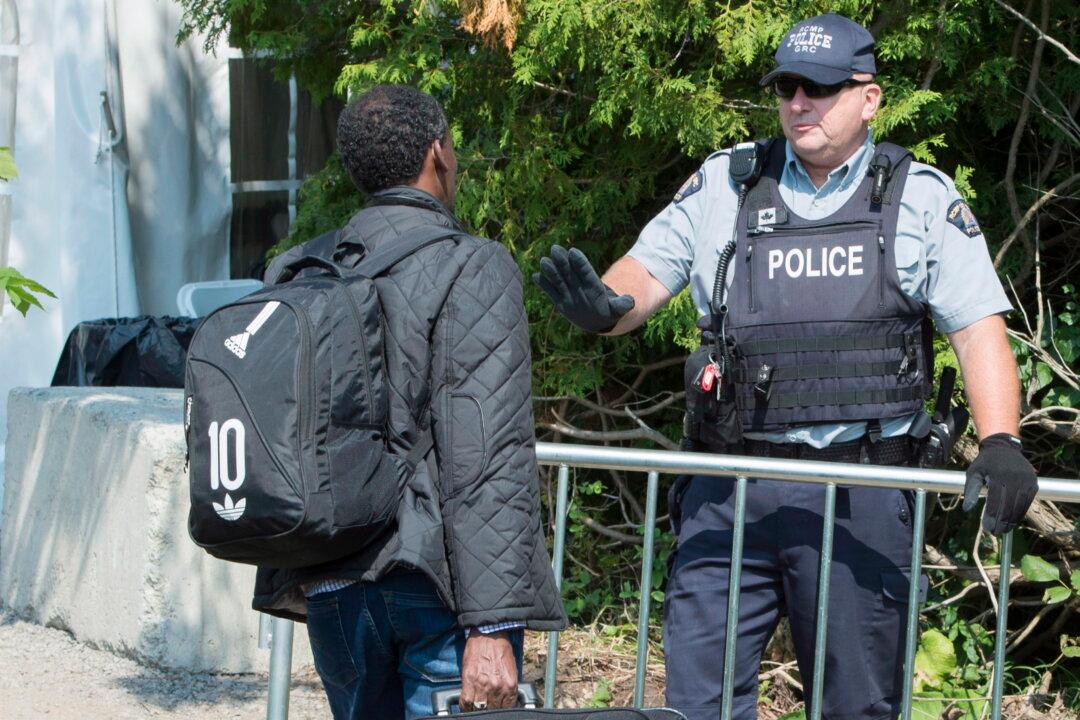Over 40 percent of foreign border-crossers deemed by border agents to be security risks were still allowed into Canada by the Department of Immigration, according to a report.
“Due to multiple factors and considerations, the Department of Immigration authorized entry or permission to stay in Canada to a significant proportion of applicants who had received a non-favourable recommendation or an inconclusive screening,” wrote the Canada Border Services Agency (CBSA) in an internal audit obtained by Blacklock’s Reporter.





